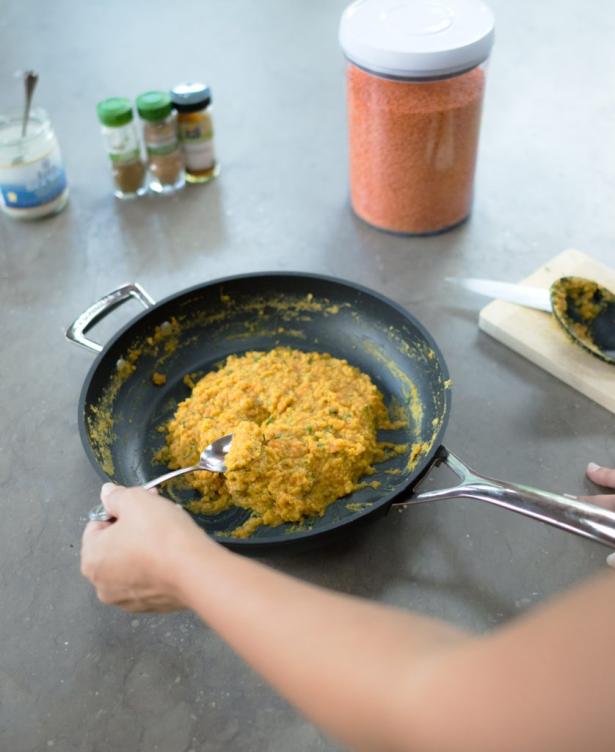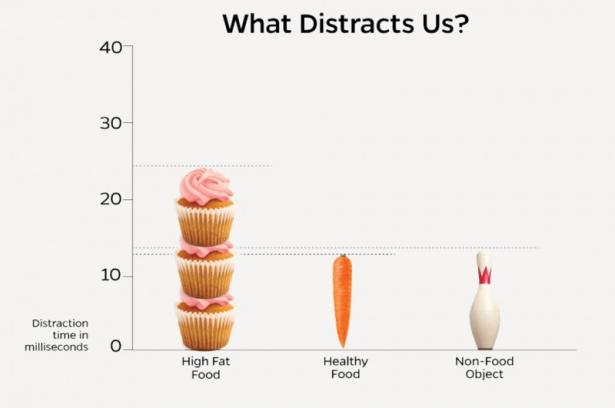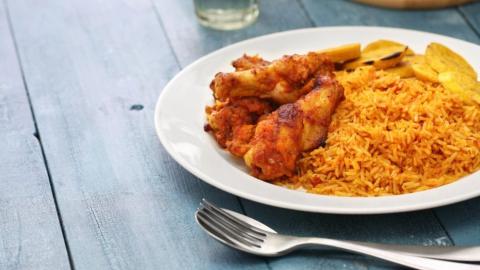Soak the Beans: India, Puerto Rico and Austria mingle in a Georgia kitchen
Southern Foodways Alliance

My childhood dinners were an international smorgasbord. The scents of these dishes beckoned me from my bedroom to the kitchen, where I’d watch my mother in the final stages of sprinkling garnish. Now, in my forties, I feel I owe it to my children, to the generations that follow, to fully and actively educate myself in my family’s food.








Spread the word